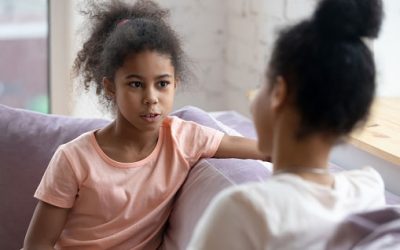‘We came together in September at Birmingham University for three days to learn, celebrate, be inspired and nourished by presentations and discussions from contributors and participants from a wide range of disciplines and interests. All shared a driving enthusiasm to understand and better support our children and young people experiencing significant Social, Emotional and Mental Health needs.
This included assessment tools and pre-emptive practice to mitigate the likely impact of SEMH among vulnerable groups as well as guidance which could prevent this occurring at all.
Many of the presentations connected with each other as if they had been co-constructed, even though participants might never have met before, and this was another indication of the unity of thought and action amongst SEBDA members and supporters. An example of this was having UNICEF and Refugee Education UK launch their recent study into young displaced children arriving in this country, while we also enjoyed news of an international project, and accompanying toolbox, from Dr Donna Gaywood, Alison Tobin and Dr Josephine Gabi, inspired by the Walk With Amal events.
Other new research, such as that from Professor Carmel Cefai, included prompts to revisit some useful guidance from recent years which might have been lost amid current educational and social pressures. Those of us working in schools are already aware that Barry Carpenter’s Recovery Curriculum remains an essential resource, and we heard that SEAL (Social and Emotional Aspects of Learning) was evaluated as being ineffective as a result of ‘lack of teacher training’ and poor implementation rather than content! The valued ‘Incredible Years’ programme also took credit even though largely lost as a result of the cutbacks in Children’s Centres. We don’t always need to look for a fresh answer – we might just need to engage more completely with resources and advice already available. But there was also plenty of new research and data available.
During the conference, we were invited to rethink some of our language in order to better describe needs and values, ensuring our words remain accurate and positive and avoid deficit modelling, or the risk of self-fulfilling fear. We heard ‘A State of Well-being’ as a preference to mental health, ‘Pedagogies of Welcome’ and kindness, comparisons of ‘relationships’ (Scotland) and ‘behaviour’ (England), and ‘Adhocracy’ coined by Professor Harry Daniels.
Many of us were introduced for the first time to ‘Window, Mirror and Sliding Door’ books, Narrative Exposure Therapy, STaRS, Psychomotor Intervention Programmes, and many more innovations in thought and practice. There was also, understandably, a focus on the increase in, and harm caused by, all manner of exclusion, headlined by the work of Excluded Lives and Professor Karen Goldberg, with essential detail from Marcia White on The Discourse of Permanent Exclusion (more on this soon). At the heart of SEBDA’s work, we know this is where we need to be having a big impact, ensuring that, in the words of Dr Rob Long, “Their future is not over”.
Many presentations are now available here, free to access for all members and conference attendees.


